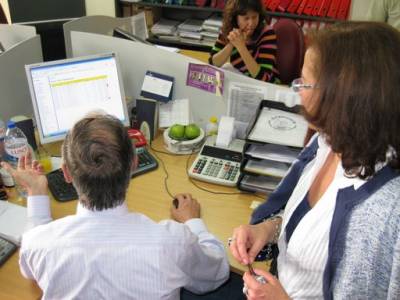Why the EU veterinary policy matters to ship suppliers
The chairman of the Working Group for Veterinary Affairs reflects
European ship suppliers have always dealt with ship provisions. A major part of the food for crew or passengers is of animal origin. This tends to be uncomplicated when you sell the products within domestic markets, as goods for local shops or supermarkets are usually of EU origin or come from countries outside the EU (“third countries”), but will have been custom-cleared and checked by the EU border inspection posts, i.e. the veterinary authorities.
When goods from third countries remain bonded, i.e. duty unpaid, things become more complicated. With each transit procedure the ship supplier has to provide a set of veterinary documents: A copy of the CVED (Common Veterinary Entry Document) has to be authenticated by the local competent customs authority, in order to allow the transit procedure to start. If the goods do not comply with the EU import regulations, i.e. the goods are approved for transit only, additional documentation is necessary. These transit items require clear traceability and as such their supply chain is closely monitored from entry to the approved warehouse, during storage and after exit from the warehouse to the ship.
OCEAN has always followed the development of the legislation by maintaining close contact with the responsible Directorate General of the Commission (DG SANTE/formerly SANCO). This was to safeguard the interests of the ship supply industry and, at the same time, to take care of food safety in the EU.
For now OCEAN follows the transition of the “old” Council Directive 97/78 on its way to the revised Regulation 882/2004. A Position Paper was presented to the EU-Commission in April 2017. The next step will be the proposals of the secondary legislation. i.e. the delegated and implementing acts. During this process, OCEAN will continue to use its best endeavours to represent and strengthen the position of the EU ship suppliers.




